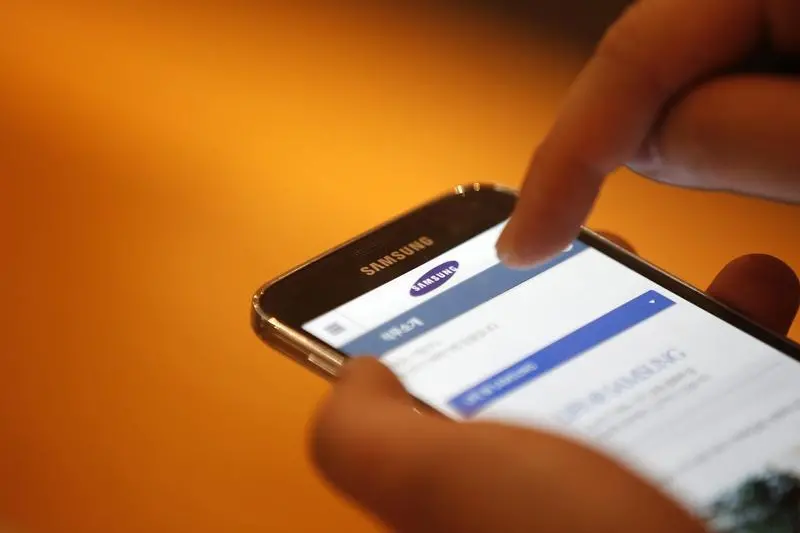PHOTO
Thursday, Apr 27, 2017
DUBAI
Samsung is changing the way people pay, with the launch of its digital wallet service — Samsung Pay — on smartphones and smartwatches in the UAE.
The UAE becomes the first country in the Middle East and 14th in the world to introduce the service.
In just under two years since its initial global launch, Samsung Pay is now present in 17 countries, including those with early access, Mohammad Gharaibeh, head of enterprise, mobile business at Samsung Gulf Electronics, told Gulf News.
He said that the UAE has the most suitable and ready environment for the mobile digital wallet service in the region with its telecom infrastructure, financial structure and the readiness of the government to become a cashless society by 2020.
According to industry experts, on the other hand, cash is still the king in the UAE. Almost 75 per cent of people still use cash for payments, they say.
But Samsung’s Gharaibeh says that the company has seen “good acceptance from the banks and issuers for the service.” Samsung has been testing the service since January with Mashreqbank in the UAE. Gharaibeh said it has recorded more than 21,476 transactions since beta testing.
The South Korean company has tied up with seven banks in the UAE — Emirates NBD, Abu Dhabi Commercial Bank, HSBC, Mashreq, National Bank of Abu Dhabi, RAK Bank and Standard Chartered — to make the service available to consumers in the country.
According to industry reports, lack of adequate security is one key area forcing people to stay away from mobile payments. Regarding this, Gharaibeh said that the service has three layers of security. First is the iris scan, fingerprint or password, while the second is the Samsung’s mobile security platform — Knox, and third is the tokenisation.
Quoting a Gartner report, he said that Knox was the only mobile platform for the second year in a row to receive “strong” ratings in all security controls listed in the Corporate-Managed Security category.
“Gartner rated Samsung Knox as ‘strong’ in critical categories, such as authentication methods, encryption management and application vetting. Knox is anchored in the device’s hardware, and protects the device from the moment it boots up all the way through launching an app,” he said, adding that “FBI, CIA, Scotland Yard, Abu Dhabi Police and Dubai Police are using Knox.”
In the UAE, he said that 75 per cent of point of sale machines are MST [Magnetic Secure Transmission] and 25 per cent NFC [Near Field Communication], while globally, MST is 90 per cent and 10 per cent is NFC. MST means a credit or debit card swipe on a standard card reader.
“Our goal is to drive and lead innovation in mobile commerce, providing customers with a mobile wallet solution that is simple, secure and available almost anywhere,” Gharaibeh said.
According to Suvrat Saigal, National Bank of Abu Dhabi’s Head of Mass Segment and Products, the opportunity for Samsung Pay in the UAE is “significant”, owing to the high smartphone penetration rate and the digitalisation of the banking sector.
Samsung Pay is currently available for Galaxy S8 and Galaxy S8 Plus, Galaxy S7 and Galaxy S7 Edge, Galaxy S6 Edge Plus, Note 5, Galaxy A5 and Galaxy A7 (2016), Galaxy A Series (2017) and Gear S3 smartwatch. And up to 10 cards, including loyalty cards, can be added to the Samsung Pay account.
By Naushad K. Cherrayil Staff Reporter
Gulf News 2017. All rights reserved.





















